A Sino-Russian axis is emerging. But it needs allies to foment its ambitions
The alliance between Russia and China has emerged radically since the end of the Cold War. China, now a wealthier, more powerful and economically more prosperous, allying with slowly diversifying and less reliant on Western investors Russia, partly contributed by the increasing antipathy against the West in both nations. The two big nations are cooperating on many fronts, and China is the only country to not give a damn about sanctions the West imposed on Russia and recently, China, over human rights abuse, military aggression and its political infiltration.
Yet Russia and China alone can't make them possible to overcome tough opponents. The United States has already built a vast network of allies in Europe and is also making one in Asia in a rapid process. Thus, any potential confrontation right now could bring huge risks to both Beijing and Moscow, so trying to provoke and challenge the response of America and its partners in the current play tool is being used by both governments. At the same time, Russia and China are also seeking allies that will stand against the West or countries that seen to be against its ambitions.
So, who shall be Russia and China's allies? The answer isn't difficult, but it may change.
Serbia
Serbia has been historically resentful of American intervention, in particular following the 1999 bombing of Serbia by NATO, followed by the recognition of Kosovo by the United States and majority of Europe. Therefore, there is a strong anti-Western and anti-NATO sentiment among Serbian population. Moreover, Serbia is unique in that it shares a close cultural affinity with Russia: Serbia and Russia are both Slavic nations, using Cyrillic as official alphabet, both have a war-like mentality (Serbia has been historically the manufacturing armoury in the Balkans) and Orthodox Christianity is the state religion in both.
Historically speaking, before the United States ever bothered Serbia, Tsarist Russia was the first to recognise the independence of Serbia in 1807. When Serbia finally gained true independence in 1882, Russia balanced its relations between Serbia and Bulgaria, before ultimately favouring Serbia in 1903. The pro-Russian Karadjordjevic dynasty of Serbia, like its rival Obrenovic, gained praise for being the only monarchy in the Balkans to be from a solely pure native of Balkans (most Kings in the Balkans since late 19th century to the end of WWII had German origins). When World War I broke out, Serbia achieved first victory for the Entente, which Russia was part of. With Serbia conquered in 1915 by Austria, Germany and Bulgaria, the Russian government threatened to make peace with Germany unless the Entente's Britain and France ferried the Serbs to the Greek island of Corfu, forcing the British and French navies to dispatch warships ferrying Serbian troops. Serbia was also the only Balkan country to welcome Russian émigré fleeing from the communists in 1920, when it was renamed as the Kingdom of Serbs, Croats and Slovenes - later Yugoslavia. When Yugoslavia became a communist state under Croat-born Tito, the Soviet Union supplied anti-Titoist communists made up mostly of ethnic Serbs. Russian volunteers were omnipresent on the Serbian side during the Yugoslav War in 1990s.
Make no mistake, Serbia is undeniably Russia's best buddy. It's the only European nation to have a positive view of Putin and Russia. Since 2000s, Russia is the best weapon seller for Serbia, and Serbia can easily get access to Russian nuclear warheads, which rang alarm to her neighbours. Russia also refuted Kosovo's independence status. Unlike Ukraine, Serbia's attempt to integrate within the European Union is accepted by the Russian government, something that was abnormal given Putin's antagonism to the EU, to recent Serbia-Kosovo normalisation talk, which was tacitly backed by Moscow. Thus, no matter which governments in Russia rule, Moscow ensures it will stay as Belgrade's strong ally.
And about China, Serbia has a strong friendship with China, too. It came after the bombing of Chinese embassy in Belgrade, 1999, an incident during the NATO airstrikes. Chinese nationalists regarded the attack to be one of the main key events that led them to become increasingly anti-Western. Given Serbian anti-Westernism rose at the same time, it was not hard to conclude the good relationship between Serbia and China. Chinese investors have secretly abandoned countries like Croatia, Romania, Bulgaria and Albania to invest in Serbia, as a tacit boycott since these countries supported NATO operation. In China, conspiracies about the United States' deliberately attacking Chinese embassy always evokes the memoir of pain and humiliation, serving as a prelude of Sino-Serbian alliance and the warming of Sino-Russian cooperation.
North Korea
It is no secret that Russia and China are the backbones of North Korean regime, an isolationist regime with a crippled economy but maintaining a large standing army.
North Korea has historically been wary of Chinese and Russian influences. It was best set by the Yan'an incident of 1956 when pro-Russian and pro-Chinese faction Yan'an clique tried to overthrow Kim Il-sung, an ardent Stalinist. Kim Il-sung however discovered the plan and reversed the coup. Since then, Pyongyang has always been sceptical of China and Russia.
Yet North Korea realises its limit. Without Russian and Chinese tacit backups, it would fall to the hand of South Korea, which has over 50,000 American troops presenting. By all mean, North Korea must preserve relations between her and two more powerful neighbours. It was believed that China secretly helped North Korea to develop nuclear weapons, alongside a number of Pakistani scientists dispatched to Pyongyang. North Korea has exported mainly natural resources in exchange for small-scale investments from China and Russia. It can ramp up anti-Western activities largely because of Russian and Chinese involvements.
Iran
Iran is also a quite edgy case, yet also unique, too.
Iran, since 1979, was originally hostile to Russia, after Moscow, alongside Washington, backed Iraq in the Iran-Iraq War in 1980s. When the Soviet Union collapsed, Iran continued to be accused of supplying Islamists in Tajikistan against Russia, siding with Bosniaks against Serbian force and maintaining relationship with the Chechen rebels supporting the Ichkerian Republic Chechnya of late General Dzhokhar Dudayev. But anti-Iranian sentiment increased in Chechnya from 1996 resulting in Iran abruptly ended its support for Chechen rebels a year later due to widespread terrors against Shiites, restored official relations with Russia and supported Russian reconquest of Chechnya in 2000. Since then, Russia successfully balanced its interests between Israel, Turkey, Saudi Arabia and Iran; Russia is also a major supplier of Iran's military hardware, including nukes, as well as minor economic activities.
Iran's relationship with China is far older than with Russia. When the Sassanid Empire crumbled to the Arab invaders, it was China that granted refuge for the remaining Persian seekers, the Sarikolis and Tajiks of Xinjiang are thought to be descendants of the Persian refugees in 7th century. Moreover, there is a deep Arabophobia among Chinese population, spiking in recent years due to Arabs being associated to terrorism and jihadism, to Arab investments in Chinese mosques to adhere to Salafism, thus widened sympathy toward Iran among Chinese. China has also involved in modernising Iranian military, economy and helping Iran to develop nuclear warheads, at a larger scale than Russia, and Iranian government has just signed a 25 year deal with China that was seen by Turkey and other Arab nations as a threat.
Pakistan
Pakistan is special in this case because it is China's strongest ally among all countries bordering China, and also has a mounting importance to Russia. In the other word, Pakistan for China equals to Serbia for Russia.
Though relations between Pakistan and China are as old as ancient history when Pakistan was still an integral part of India, modern establishment came in 1948. At first, Pakistan balanced between India and China, but with the Sino-Indian War of 1962, Pakistan leaned completely to China and became Beijing's most powerful asset in Asia. The relationship between Pakistan and China is best quoted by former Prime Minister of Pakistan, Syed Yusuf Raza Gilani,
"Pakistan-China friendship is higher than mountains, deeper than the ocean, stronger than steel and sweeter than honey."
China has since collaborated with Pakistan in many main issues, such as toward India, Southeast Asia and Central Asia, which represents Beijing's pivot attempt into the Muslim world. Although Pakistan maintains good relationship with Turkey as well (Turkey has an up-and-down relationship with China due to Uyghurs and Turkic peoples in Central Asia), Pakistan has largely sided with Beijing, much to the dismay of Turkey and Azerbaijan. Pakistan's successful nuclear program was due to Chinese support in 1998, when Pakistan first conducted nukes. Pakistan is also a major supporter of China's Belt and Road Initiative and signed an economic corridor treaty, though development has come to a halt. In words, Pakistan is willing to alienate even Turkey and Azerbaijan to preserve its bond with China. Unless Pakistani leadership dissipates it, nothing may change.
To Russia, Pakistan sees Russia like a new ally, though sympathy toward Russia has been high since 1960s. That was due to despite Pakistan being allying with the West then and even backed Afghan mujahideen against the Soviet invasion in 1980s, Pakistan mainly disliked the United States and NATO, seeing them as trying to destroy China once they eliminated the Soviets, which somehow was right for Pakistanis. Nowadays, with Russia reasserting power in Central Asia with blessing from China, Pakistan, instead, is turning flower to Russia as a gesture of welcome, as Pakistan's position on the West has deteriorated as Islamabad was condemned for sponsoring terrorism and hosting Osama Bin Laden before he was killed in 2011 by American troops.
Syria
With Bashar al-Assad prevails over the rebels, it is very unlikely to miss out Syria.
And yes, it has its root. Syria moved to the Soviet sphere of influence when Hafez al-Assad removed Al-Atassi government in 1971 and made himself President for life. The Soviet cooperation with Syria had only expanded and did not dissipate when the USSR died in 1991. Bashar al-Assad ensured this in 2000 when he became President replacing his dad who died the same year. Russia has a naval military base in Tartus and also has presence in Latakia.
This was reinforced when Russia committed to help Syrian regime fighting against Islamic terrorists and opposition Free Syrian Army, using a number of combined methods from mass bombings to chemical raids, often with severity, to ensure Assad's survival. As for 2021, Russia is the winning side, and so is Assad.
This could also be the same for China. Syrian government is quite receptive of China's support for Syria's reconstruction. Beijing has also firmly supported Russian involvement in Syria, and thing could go better for Assad with Russia and China going along well.
Venezuela
The dictatorship of Nicolas Maduro and the Chavistas Generals have been antagonistic to America and the West, meaning that it would be likely to receive backup from Russia and China.
Under predecessor Hugo Chavez and the socialist reform, Venezuela has been under a serious economic and political crises since 2010s, despite massive oil reserves. Likewise, increase of Chinese and Russian investors are also found, with the majority of important projects fall to either Chinese or Russian tycoons. During the widespread anti-government unrest in Venezuela and the assembling of opposition force under Juan Guaido, Maduro and the corrupt Generals looked for support, and China committed to continue exploiting the country's natural resources, while Russia dispatched its mercenaries known as Wagner Group to protect Maduro. Currently, Venezuela is at the status quo, where the Chavistas dictatorship has to uneasily coexist with the opposition, but as long as Russia and China stand behind Maduro, it's likely to use violence and intimidation to protect the regime and Sino-Russian assets.
Belarus
Belarus was dubbed "the last dictatorship in Europe", before Russia joined the list since 2010s.
Lukashenko, a former alumni of the communist party, now President of Belarus since 1994 and remains the only President of the country. Putin doesn't always have a friendly relationship with Lukashenko, but Putin's reaction toward Belarusian protest in 2020 showing that Putin would rather let Lukashenko to preside over any potential figures that could be seen as anti-Russian. It was no secret. Lukashenko in fact joined Putin-led Eurasian Economic Custom for the exact reason: he found himself closer to Russia because he wants to keep himself alive. Belarus relies heavily on Russia economically. And China also benefits from Lukashenko as well, with China, alongside Russia, selling military equipment to the Belarusian Armed Forces and police - brethren in dictatorship. Belarus does not offer any strategic interest for the West either, being seen as a backdrop, so it is very unlikely to see Belarus sliding away from Sino-Russian axis.
Cambodia
The Cambodian government is becoming more pro-Chinese from time.
And one of the factor facilitating pro-Chinese fervour on the rise in Cambodia traced from the historical conflict between the country with Vietnam and Thailand. Anti-Vietnamese and anti-Thai sentiments in Cambodia have been complex because of Cambodia repeatingly occupied by the Thais or Vietnamese in various point, most recently in 1979. China had acted as the saviour of the Khmer Rouge regime by invading Vietnam the same year, and while most Cambodians have largely remembered the atrocities by Pol Pot and his gang, China is rarely blamed for supporting Khmer Rouge, but rather Vietnam was widely blamed for inciting the war, which could be seen as due to successful disinformation propaganda by China and grievances against communist regime by the Vietnamese abroad loyal to the fallen Republic of Vietnam. Moreover, there is always an essential desire to reclaim the Khmer lands occupied by Vietnam and Thailand, notably about Mekong Delta and Northeast Thailand (Isan and Buriram). Not surprising when China is today, Cambodia's largest investor and Cambodia is deepening its cooperation with Beijing. The protest in Myanmar may change some perception about China, but it is unlikely to affect it in long term.
About Russia? Russia has been an ally of the Khmer Rouge when it was still a moderate force, and with Cambodia becoming authoritarian, Putin looks like having a new potential ally. There is a Russian boulevard in the capital city of Phnom Penh in honour of Russo-Cambodian relationship.
Myanmar
The coup in Myanmar have reversed 10 years of quasi-democracy but also demonstrate another potential ally Russia and China may utilise.
Myanmar is under the hand of current junta dictator Min Aung Hlaing, who was one of the designers of the 2008 constitution that enshrined military power. Given the sadistic history of the Burmese Armed Forces, the Generals would do everything to stick with the power they obtained, rather than trying to cede power despite its incapabilities. The Burmese Generals can also expect impunity from international sanctions, with Russia and China vetoing any resolutions condemning the Burmese junta. During the Tatmadaw's ceremony on 27 March, China and Russia sent delegations, with Russia sending the highest - Deputy Minister Alexander Fomin. Clearly, in case Myanmar fell into a similar Syria scenario, China would be likely to jump in to protect Min Aung Hlaing.
Cuba
The small island adjacent to the United States has been governed by a communist regime since 1959, and unchanged since.
Although the Cuban regime is less anti-American and economically less sufficient to even produce bread or light arms, Cuba's status made it a pariah, and a golden opportunity for Russia and China to breed. Russia has been Cuba's most important ally, while China since 1990s reapproachment, also views Cuba increasingly necessary. The important nuclear crisis of 1962 where the Soviets almost installed a missile system in the island triggered American response, before it was stopped through negotiation. Thus, issue about Cuba continues to play a sensitive role on American diplomacy while Russia and China are likely to exploit more from Cuba when the country is trying to learn from China and Vietnam's reform models.
Any other nations?
In that case, my answer is, depending on the scope, the alliance may extend of shrink. Best example seen in Sudan, where it used to be under an Islamist dictatorship supporting Russia and China, but was removed in 2019 following a military coup. Several nations like Zimbabwe, North Macedonia, Armenia, Lebanon, Slovakia, Yemen, Cyprus, Laos, Slovenia, Montenegro, Bolivia, Congo, Greece, Mongolia, Nicaragua, Algeria, Nepal, Israel, Sri Lanka, Palestine, Cameroon and Bulgaria have pro-Russian/Chinese personnel, but the length is temporary mainly if not saying they're neutral and even change to pro-American. This means they aren't going to be viewed as long-term allies for Russia and China.
Thus, these nations I listed above appear to be the backbone of an upcoming Sino-Russian axis. It's building and will uproot the world in a way we never mentioned. If there are reasons to pay attention now, the test Russia and China give to Ukraine and Taiwan, as well as the revival of Russian and Chinese influences, definitely give what would be the biggest task for the United States and her allies in attempts to quell joint threat from Russia and China.

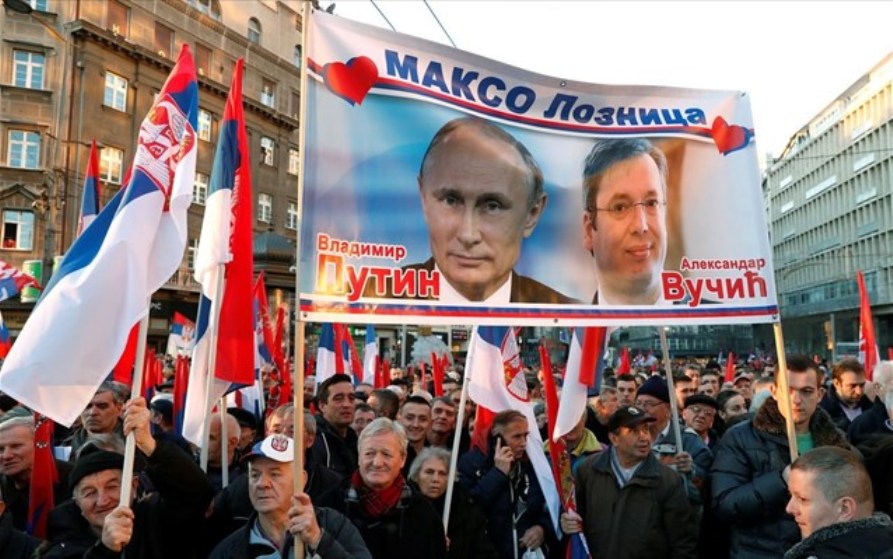


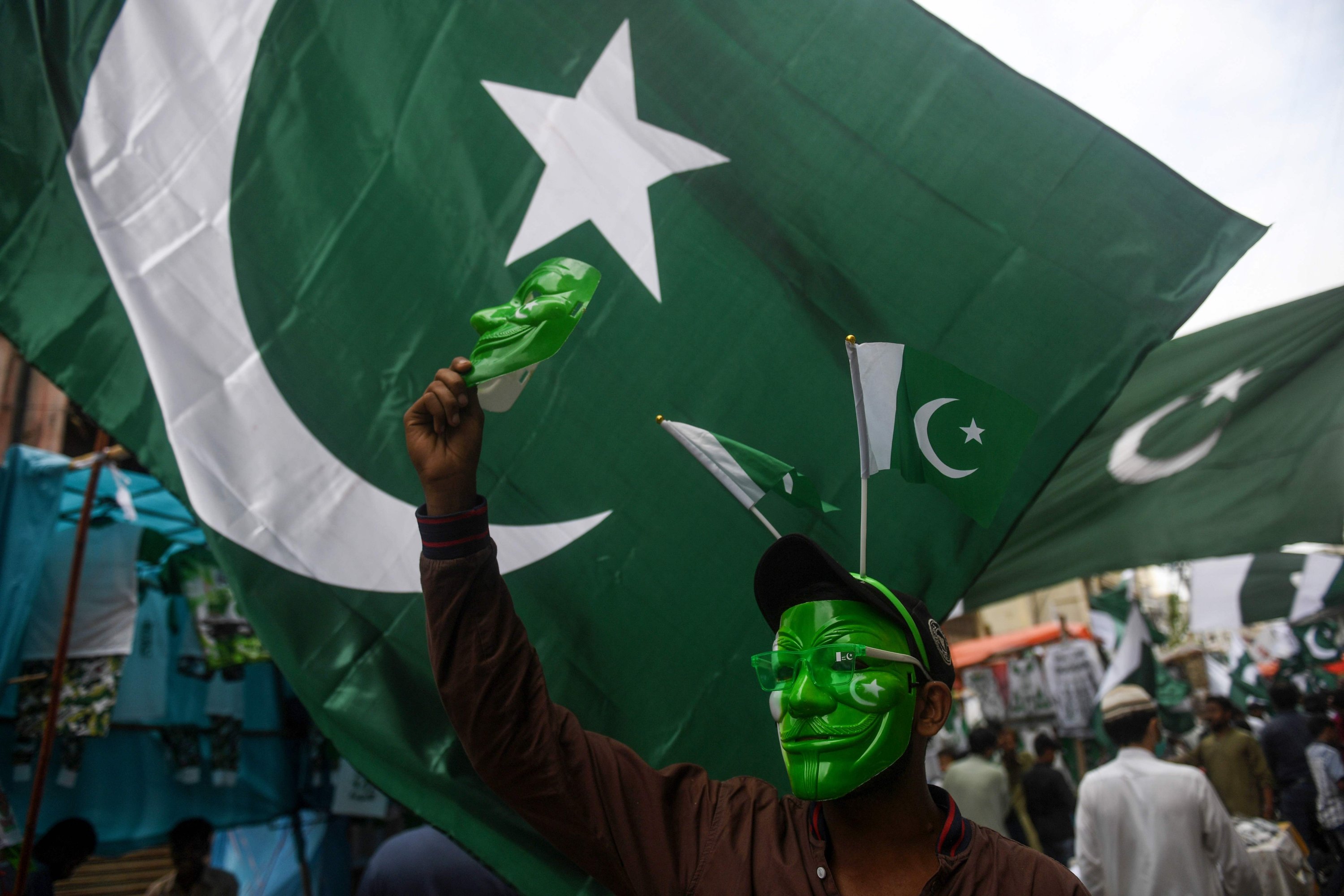
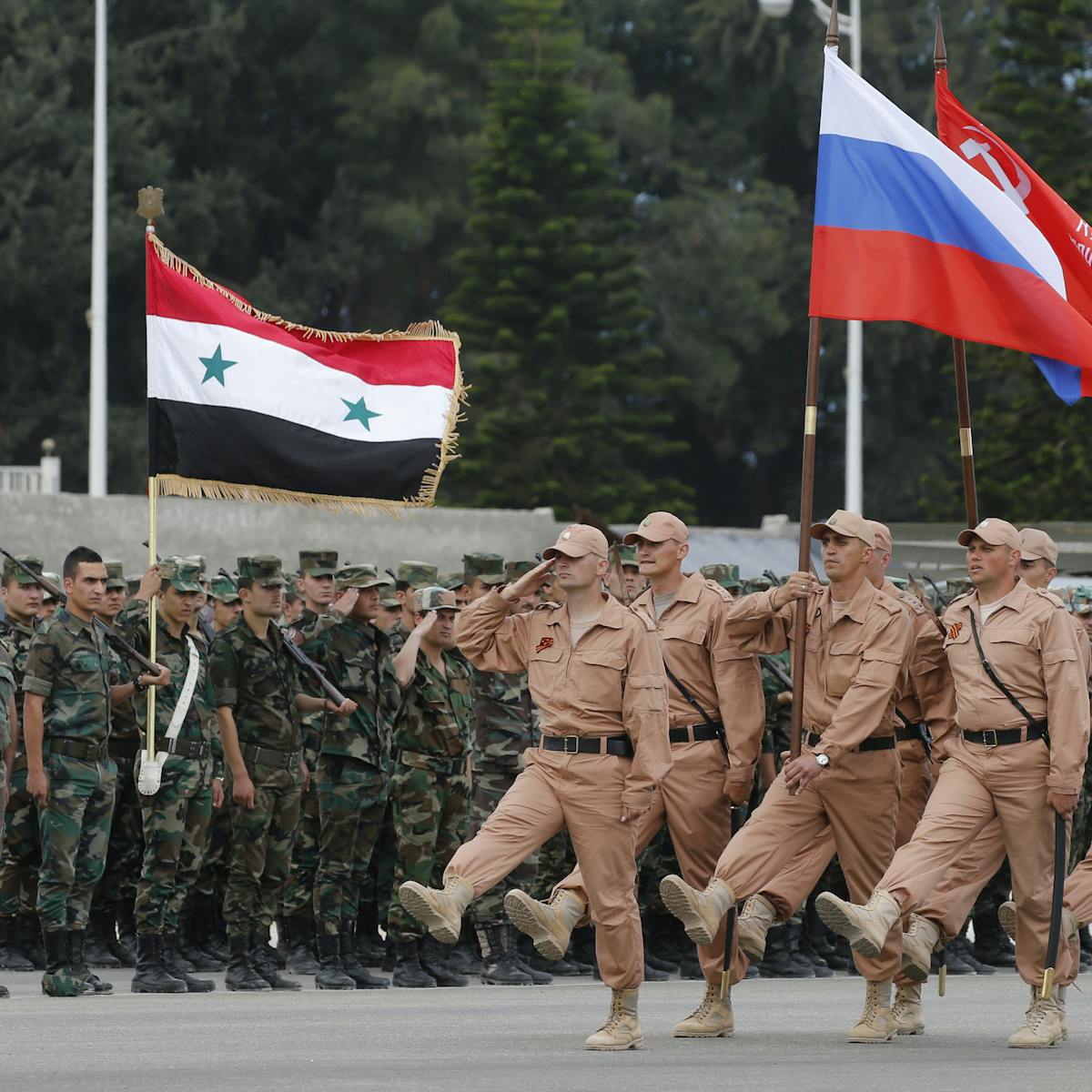

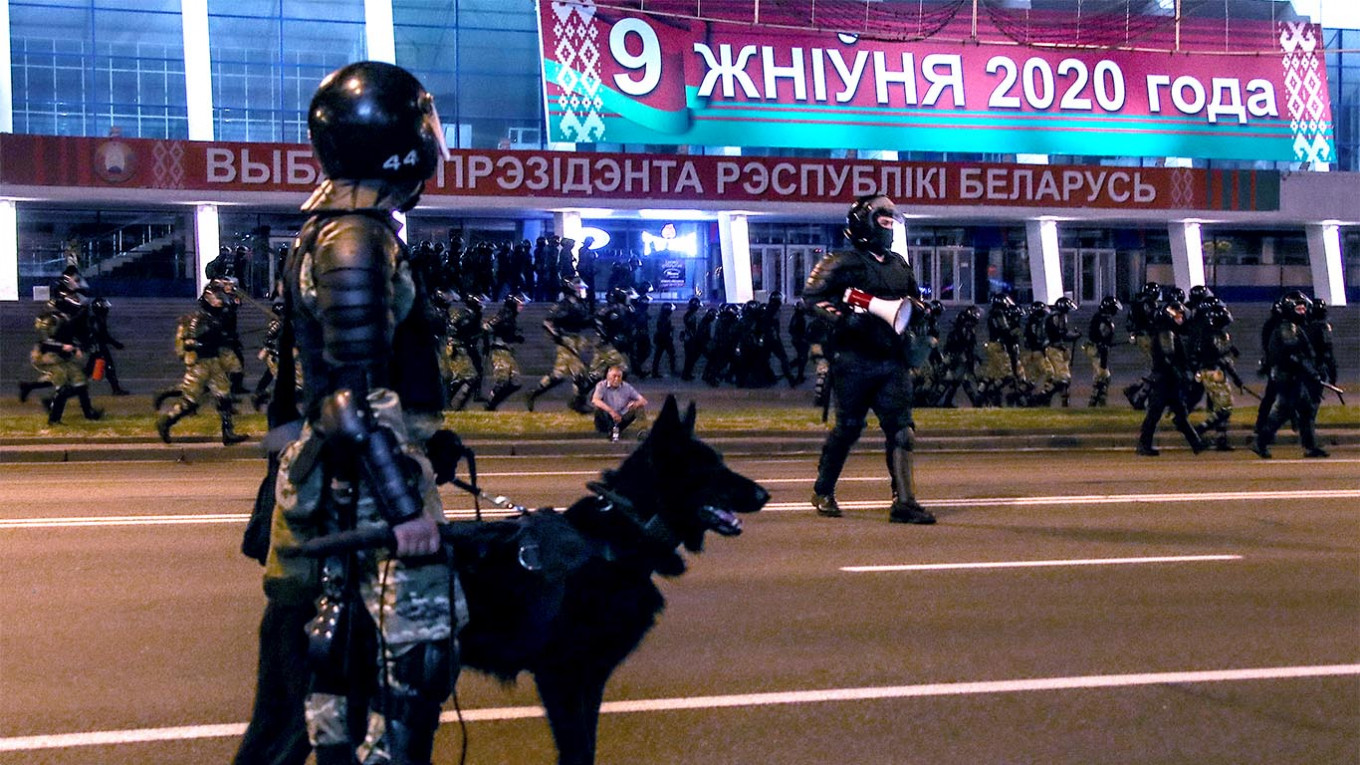


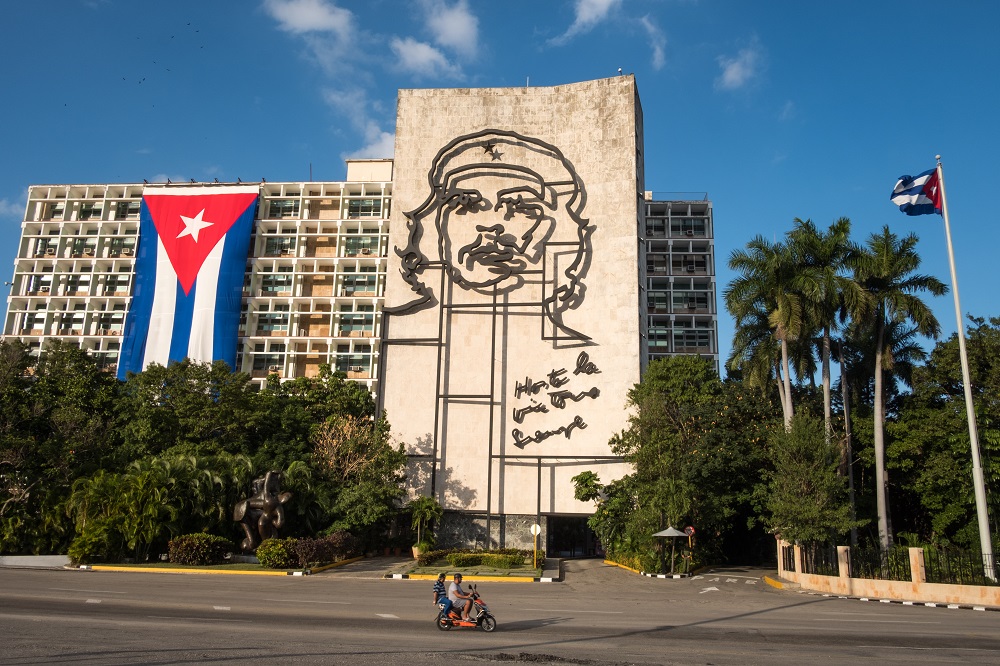
Comments
Post a Comment